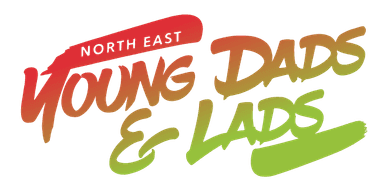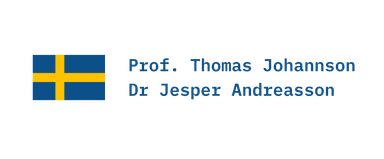
17 February 2025 • Update
Supporting Young Fathers in Prison: A Path to Redemption and Connection
Imprisonment is a challenging experience for anyone, but for young fathers, it presents unique difficulties. A recent report titled "Care in the Prison Estate" sheds light on the lived experiences and support needs of young fathers, aged 25 and under, who are in prison. Presenting the findings of a qualitative study, conducted by the Following Young Fathers Further (FYFF) team at the University of Lincoln in collaboration with the Prison Advice & Care Trust (Pact), the report offers new insights about how young men navigate parenting while separated from their children and the extent of support they receive in relation to fatherhood within the prison system.
The report highlights the critical role of compassionate, family-focused support in helping young fathers both to maintain their identities as-fathers and their relationships with their children. Young fathers in prison face numerous challenges, including harsh conditions, isolation, and a lack of recognition of their identities as fathers. Many report feeling infantilised by prison officers, which is at odds with their roles as parents. Maintaining contact with their children is also difficult due to restrictions including the cost and availability of digital and phone contact as well as slow postal systems within the prison. Some fathers choose not to tell their children they are in prison to protect them, further complicating their parenting journey.
The study also reveals the varied co-parenting experiences of young fathers, ranging on a spectrum of supportive to strained relationships with their children's mothers. Many young fathers benefit from support in managing these relationships and the impact of incarceration on co-parenting dynamics. A significant challenge is that imprisonment stops young men from being named on the birth certificate, meaning these young men have no rights regarding parental responsibility.
Pact, a pioneering national charity in the UK, whose approach is underpinned by the belief that justice should be a process of restoration and healing, valuing the innate dignity and worth of every individual. Pact staff facilitate contact between the young father and their family through the provision of family days, one to one support and establishing lines of communication between the young dad and their family, even if relationships had previously been strained or broken. provides holistic and tailored support, including access to education and training, relationship advice, mental health support, and budgeting and money management. Family days organised by Pact are particularly valued, allowing fathers to interact physically with their children and family members, providing a reprieve from the challenges of prison life. Together, these activities support young fathers with ongoing communication between young fathers and their children, sustaining their relationships over time.
The FYFF team have made several recommendations to improve social support for young fathers in prison:
- Raising Awareness of the Pact Offer: Informing fathers of the support available when they enter the prison system and making prison officers aware of these services.
- Increased support for national provision of Fatherhood Programmes: More group sessions and fatherhood programmes to advocate for the transformative power of being a father.
- Provision of bespoke support for Coparenting and Rights Issues: including tailored support for managing relationships and securing parental responsibility.
- Engagement with Coparents: Supporting fathers to sustain and navigate their relationships with their co-parent.
- Advocating for Privacy: Safe and private spaces for fathers to communicate with family members.
- Securing Photographs: Helping fathers obtain photographs of their children to maintain a connection.
The "Care in the Prison Estate" report emphasises the importance of consistent and supportive interventions that invest in the fatherhood identity as a rehabilitative approach. By providing compassionate, family-focused support, organisations like Pact play a vital role in supporting young fathers to rehabilitate, to manage the challenges of imprisonment, to maintain their relationships with their children, and ultimately, support redemptive journeys that build towards their reintegration into society.
Photo: Andy Aitchison and Pact with permission






